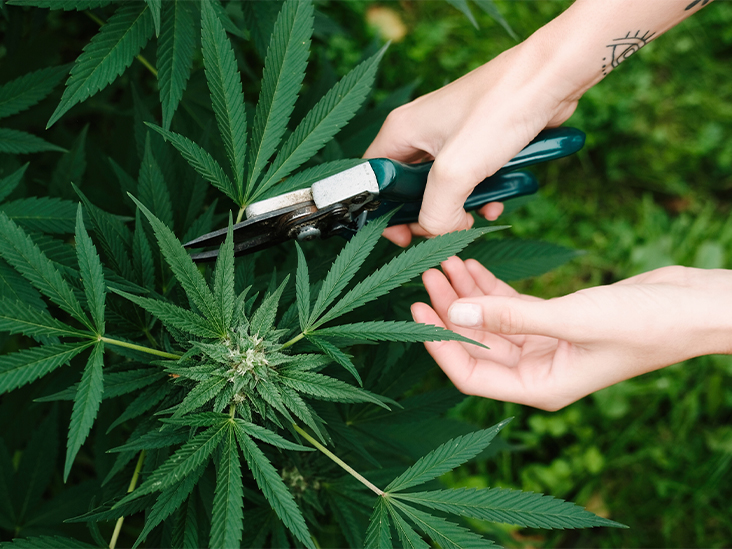Hemp is a versatile plant that has been used for centuries in various industries. It is a sustainable crop that can be used for a variety of purposes and has the potential to help the planet in many ways. Here are some of the ways that hemp can help the planet:
Kills Microbes
One of the most promising uses of hemp is its ability to kill microbes. Studies have shown that hemp oil is effective against a wide range of bacteria, fungi, and viruses. This makes it an ideal natural alternative to traditional antimicrobial treatments. The use of hemp oil in various applications could help to reduce the spread of dangerous pathogens and promote better hygiene.
Sustainable Fabric
Hemp can be made into an extremely sustainable fabric. Compared to cotton, hemp requires much less water to grow, up to 50% less water, making it a more efficient crop in terms of water usage. Additionally, it is naturally resistant to pests, so it doesn’t require the use of pesticides, unlike cotton, which is one of the most heavily sprayed crops in the world.
This means that cultivating hemp has a much lower environmental impact. Additionally, hemp fibers are some of the strongest and most durable natural fibers available, with a textile strength that is three times stronger than cotton. This means that clothes and other items made from hemp will last longer and require fewer replacements, reducing the environmental impact of the fashion industry.
Furthermore, hemp is also a great crop for crop rotation as it can be grown in rotation with other crops. It can also help to improve soil health and prevent soil erosion.
Protein Source
Hemp is also a great source of protein through its hemp seeds. This makes it a great alternative to traditional protein sources, such as meat and dairy. The use of hemp seeds as a protein source could help to reduce the environmental impact of the food industry in several ways.
Firstly, the cultivation of hemp requires significantly less water and land compared to traditional protein sources such as beef, chicken, and pork, which are known for their high water and land usage.
Additionally, the hemp plant absorbs carbon dioxide, which can help to reduce the carbon footprint of the food industry. Furthermore, the use of hemp protein can help to promote a more sustainable diet as it is a plant-based source of protein, and is less harmful to the environment than animal-based protein sources. This can help to reduce the impact of human activities on the environment and help to mitigate the effects of climate change.
Beer Crafting
Hemp can also be used in beer crafting. The hemp seeds can be used to add a unique flavor and aroma to beer, and also act as a natural clarifying agent. This opens up the possibility of creating a new category of beer that is more sustainable and has a unique taste.
Substitute for Plastic
Hemp is also a great substitute for plastic. The fibers of the hemp plant can be used to create bioplastics that are stronger, more durable, and more environmentally friendly than traditional plastics. Additionally, hemp plastics are biodegradable, meaning they will break down naturally over time, reducing the amount of plastic waste in the environment.
All in all, hemp is an extremely versatile and sustainable plant that has the potential to help the planet in many ways. From killing microbes to being a sustainable fabric, protein source, beer crafting, and substitute for plastic, hemp can play a role in reducing the negative impact of human activities on the environment. Its cultivation and use should be promoted to help in achieving a more sustainable future.










